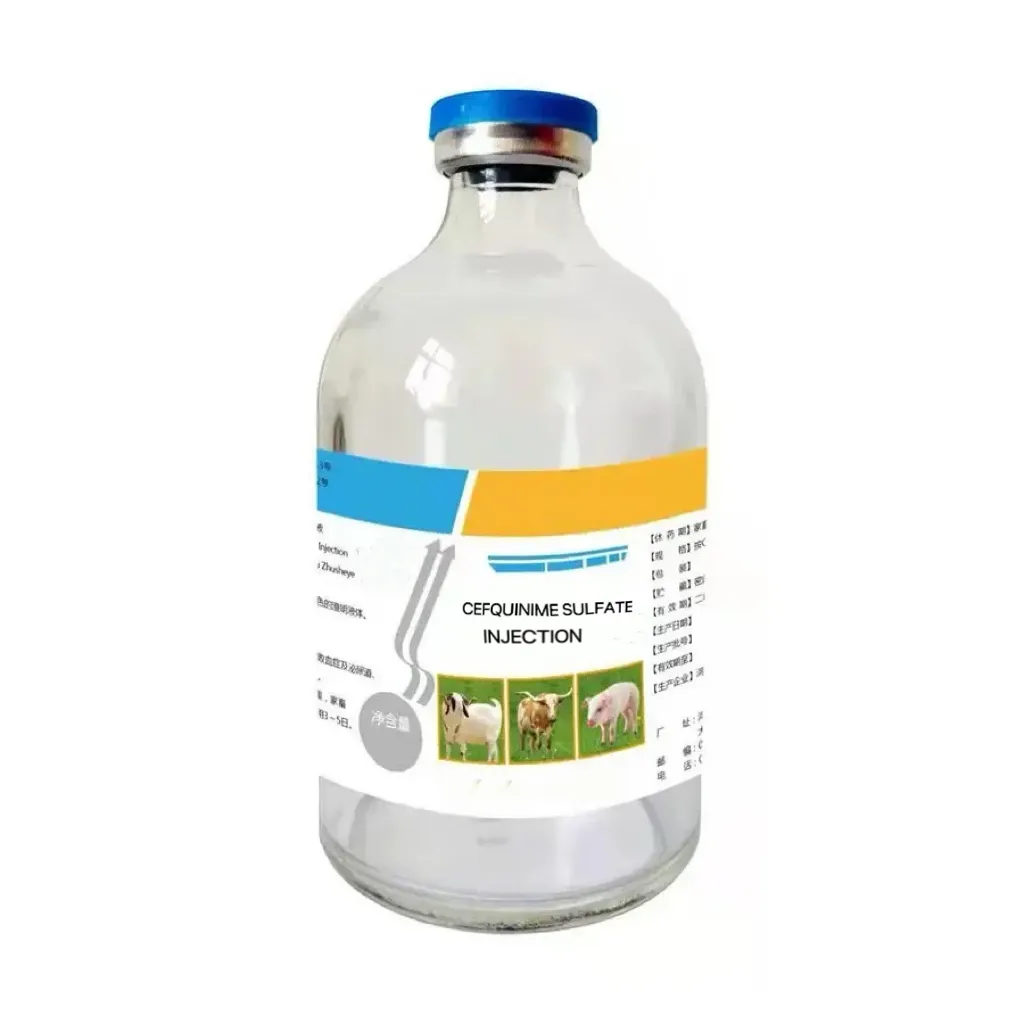- Afrikaans
- Albanian
- Amharic
- Arabic
- Armenian
- Azerbaijani
- Basque
- Belarusian
- Bengali
- Bosnian
- Bulgarian
- Catalan
- Cebuano
- Corsican
- Croatian
- Czech
- Danish
- Dutch
- English
- Esperanto
- Estonian
- Finnish
- French
- Frisian
- Galician
- Georgian
- German
- Greek
- Gujarati
- Haitian Creole
- hausa
- hawaiian
- Hebrew
- Hindi
- Miao
- Hungarian
- Icelandic
- igbo
- Indonesian
- irish
- Italian
- Japanese
- Javanese
- Kannada
- kazakh
- Khmer
- Rwandese
- Korean
- Kurdish
- Kyrgyz
- Lao
- Latin
- Latvian
- Lithuanian
- Luxembourgish
- Macedonian
- Malgashi
- Malay
- Malayalam
- Maltese
- Maori
- Marathi
- Mongolian
- Myanmar
- Nepali
- Norwegian
- Norwegian
- Occitan
- Pashto
- Persian
- Polish
- Portuguese
- Punjabi
- Romanian
- Russian
- Samoan
- Scottish Gaelic
- Serbian
- Sesotho
- Shona
- Sindhi
- Sinhala
- Slovak
- Slovenian
- Somali
- Spanish
- Sundanese
- Swahili
- Swedish
- Tagalog
- Tajik
- Tamil
- Tatar
- Telugu
- Thai
- Turkish
- Turkmen
- Ukrainian
- Urdu
- Uighur
- Uzbek
- Vietnamese
- Welsh
- Bantu
- Yiddish
- Yoruba
- Zulu
ಡಿಸೆ . 09, 2024 22:45 Back to list
Exploring the Potential of Injectable Ivermectin for Enhanced Therapeutic Use
Injectable Ivermectin A Comprehensive Overview
Ivermectin is a well-known antiparasitic agent that has gained prominence for its efficacy in treating various parasitic infections in both humans and animals. Traditionally administered orally or topically, the concept of injectable ivermectin has emerged as a modified, potentially more effective alternative for certain medical conditions. This article delves into the utility, implications, and safety considerations of injectable ivermectin.
What is Ivermectin?
Ivermectin is part of the avermectin family, originally derived from the soil bacterium *Streptomyces avermitilis*. It works by binding to specific ion channels in parasites, leading to paralysis and death. This makes it an effective treatment for a host of parasitic diseases, including onchocerciasis (river blindness), lymphatic filariasis, and strongyloidiasis. Its widespread use has established it as a critical tool in public health, particularly in tropical and subtropical regions.
The Rise of Injectable Ivermectin
While ivermectin is effective in various forms, the potential for injectable formulations arises from the need for a more controlled administration route, particularly in patients who may have difficulty swallowing oral medications. This is particularly relevant in veterinary medicine, where injectable forms are more commonly utilized for large animals.
Injectable ivermectin can provide a rapid onset of action and potentially improve compliance in patients who require frequent dosing. Moreover, the injection method might enable higher bioavailability and more consistent therapeutic levels in the bloodstream compared to oral formulations, where issues like absorption variability can be challenged by food intake and gastrointestinal health.
Indications for Injectable Ivermectin
Injectable ivermectin has been studied for various applications. In veterinary settings, it is frequently used to control parasites in livestock and pets, effectively managing conditions caused by nematodes, arthropods, and other pests. In human medicine, however, the applications become more nuanced.
injectible ivermectin

Research is ongoing into the effectiveness of injectable ivermectin for treating resistant strains of parasites or when oral administration is insufficient. Additionally, there is emerging interest in the potential roles of ivermectin in treating certain viral infections; for example, during the COVID-19 pandemic, discussions arose regarding its effectiveness against the SARS-CoV-2 virus, although this trend necessitated careful scrutiny of clinical data to avoid misinformation.
Safety and Efficacy
The safety profile of ivermectin has been generally favorable, with adverse effects being relatively rare and often mild. However, the introduction of an injectable form raises additional considerations regarding dosing, administration technique, and the risk of local reactions at the injection site.
Potential side effects can include dizziness, pruritus, or even more severe allergic reactions, though these cases are uncommon. Careful adherence to recommended dosages is critical to minimize risks.
Moreover, it is essential to avoid self-medication and unsupervised use of injectable ivermectin due to the complications that could arise from incorrect dosages or unapproved indications. Misinformation during the pandemic has highlighted the need for public health initiatives to provide accurate information about drug applications to ensure safety and efficacy.
Conclusion
Injectable ivermectin presents exciting opportunities for enhancing the management of parasitic infections, offering a flexible and potentially more effective route of administration. While current applications in human medicine are still under investigation, its established use in veterinary medicine substantiates its capability as an effective therapeutic option.
As ongoing research continues to explore the broader applications of ivermectin, both injectable and otherwise, a cautious approach should be adopted to ensure public trust in its safety and efficacy. Healthcare providers must remain informed and adhere to guidelines, ensuring that patients receive the most accurate and effective treatment for their specific medical needs.
In summary, injectable ivermectin may well represent a significant advancement in the quest to combat parasitic infections, provided that it is approached with the diligence and respect for research-based findings that the medical community demands.
-
Guide to Oxytetracycline Injection
NewsMar.27,2025
-
Guide to Colistin Sulphate
NewsMar.27,2025
-
Gentamicin Sulfate: Uses, Price, And Key Information
NewsMar.27,2025
-
Enrofloxacin Injection: Uses, Price, And Supplier Information
NewsMar.27,2025
-
Dexamethasone Sodium Phosphate Injection: Uses, Price, And Key Information
NewsMar.27,2025
-
Albendazole Tablet: Uses, Dosage, Cost, And Key Information
NewsMar.27,2025













